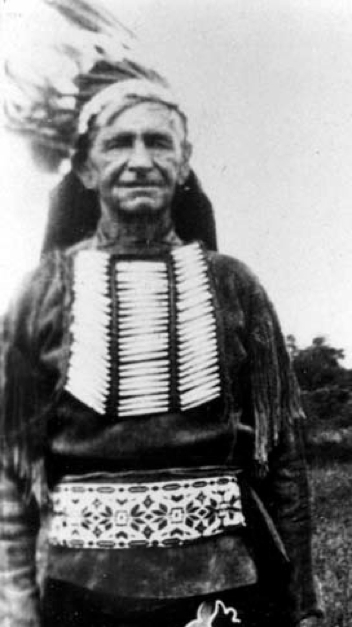 Mar 29, 2023–Here’s a modest proposal for hyperactivity in pre-teens: let them be kidnapped by Comanches 150 years ago.
Mar 29, 2023–Here’s a modest proposal for hyperactivity in pre-teens: let them be kidnapped by Comanches 150 years ago.
Hear me out before howling.
I’ve been reading the stories of the Hill Country children who were taken into the Comanche and Apache tribes in the 1870s. It was common practice among indigenous peoples to take captives, turning them into slaves, wives, and warriors. Central Texans are familiar with the stories of Herman Lehmann, Clinton and Jeff Smith, Adolph Korn, Rudolph Fischer, and Temple Friend.
The abductions followed a pattern. Most boys were between the ages of 8 and 13 when snatched from their farms. Some were kept as little as six months, others nine to12 years.
As a parent, it is uncomfortable to read about their conversion from “farm boy” to “warrior.” They suffered deprivation, hunger, and beatings, if they were lucky enough to survive.
Yet an interesting twist occurred. Without exception, all who were repatriated to their original families yearned to return to the world of their captors for the rest of their lives.
What’s going on here?
Think about it, all of you who were boys or tomboys at one time.
Remember playing “cowboys and Indians?” It was a time of total freedom, even though imaginary then and culturally insensitive now. Riding, rassling, raiding, roping, hunting, and, counting coup. For the captive boys, this became their real life. Rather than being put in timeout for fighting, killing, and stealing, those very acts earned them admiration. Rather than being scolded as scofflaws, they were revered as warriors.
When the transplants were repatriated to their birth families, they re-entered their frontier culture of manners and modesty, where success was measured by accumulation of objects, land, and money. These values were completely antithetical to how the Plains Nations measured success, through bravery in battle, physical prowess, cleverness in trading, mobility, and loyalty.
This is not to say either culture was superior, only to point out the differences that caused clashes.
As a teacher of the gifted and talented, I observed many students that just didn’t fit into the comfortable classroom model. Again, generalizing, but those individuals couldn’t sit for long stretches, grew impatient with instructions, preferred to the point of obsession to study what interested them, took risks, and ignored rules. All the traits that got them sent to the office were traits that would have served them well in the wild west, whether raised as Comanches or cowboys.
Today, those options do not exist. Instead, we hand out labels and pharmaceuticals.
Scott Zesch, Mason native whose great-great-great uncle Adolph Korn lived with Plains Indians for three years, explored the phenomenon in his book The Captured. How, he asked, did these timid farm boys become so completely “Indianized” in such a short time? As stated by J. Marvin Hunter, editor of Lehmann’s book, the Natives “won Herman over to their culture through a series of techniques known today as brainwashing.”
First, they made him submissive, then began a series of rewards for favorable behavior, destroying all hope of him ever returning to his family. Once committed, Lehmann thrived, developing great skills, becoming an expert horseman and hunter, and becoming fluent in four dialects, along with Spanish, English, and German.
As Zesch uncovered the stories of the eight child captives, he discovered they struggled to adjust to “civilization,” preferring their former lifestyle:
-They couldn’t settle in one place
-They couldn’t hold a job
-They couldn’t stay married
-They held fast to their Native American teachings; sleeping facing east; predicting weather by animal behavior; and rejecting certain foods such as pork.
Even into old age, Herman Lehmann and Clinton Smith would leave their homes and not return for days, and not tell anyone what they did or where they went. They insisted on sleeping on the ground, they wore their tribal clothing and used bows and arrows to hunt. Their behavior made it obvious they were still linked to their days as nomads.
Of course that chapter of our history is over. And no one advocates abdicating the raising of children.
But we might need to think about what behaviors a culture values.